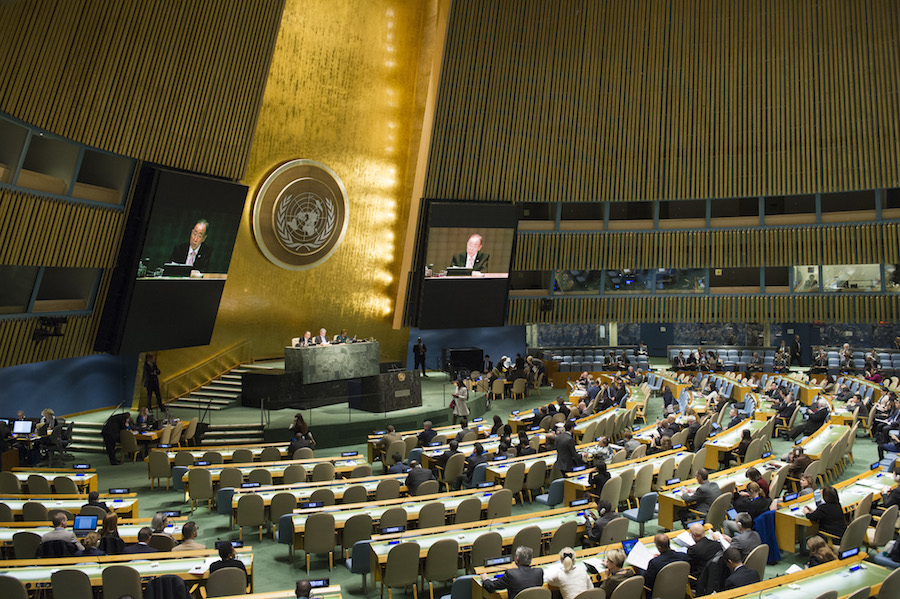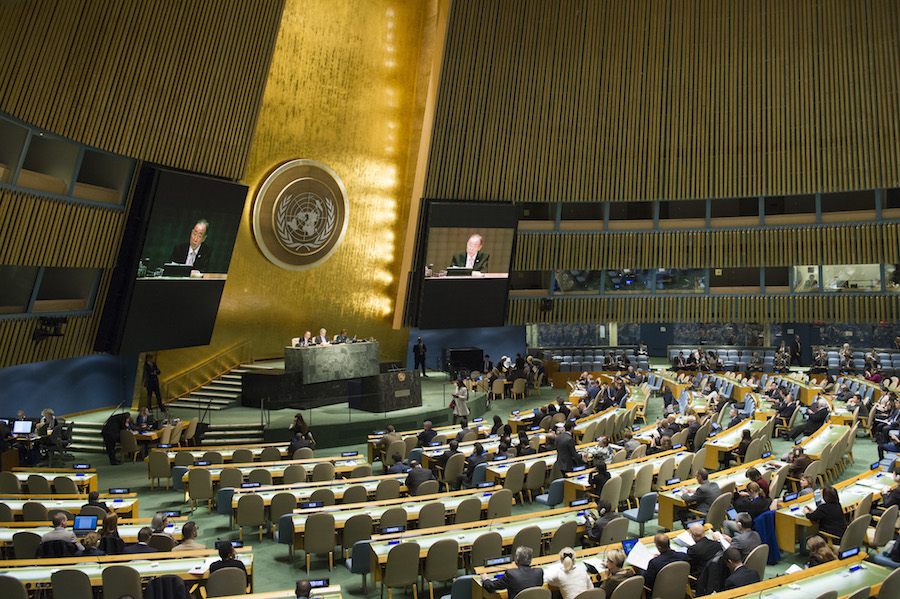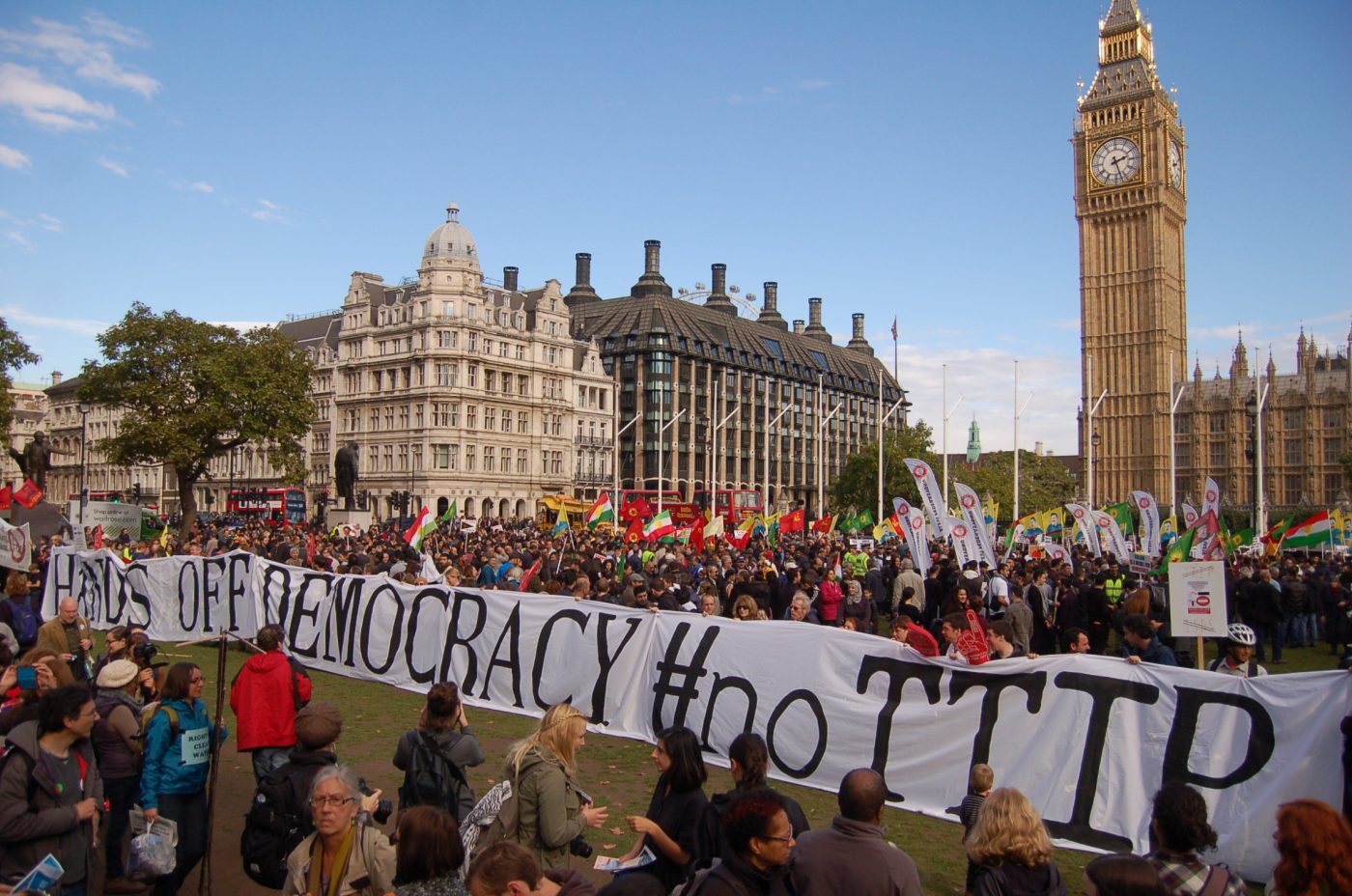By Alina Inayeh* | IDN-InDepthNews Analysis
BUCHAREST, Romania (IDN | GMF) – History repeats itself, giving us the chance to avoid repeating our mistakes. The Ukrainian story should have taught us a lot about the short-sightedness of supporting a bad government for geopolitical reasons.
Now, as protests against Moldova’s newly formed government are drawing many thousands, is the moment for political leaders in Europe and the United States to take a deep breath and recall this lesson before showing their support to the Moldovan government, known to be controlled by the country’s most powerful oligarch and with little, if any, credible interest in promoting the reforms Moldova needs.










